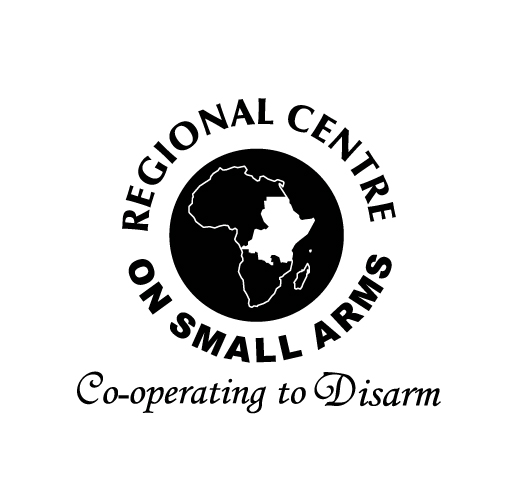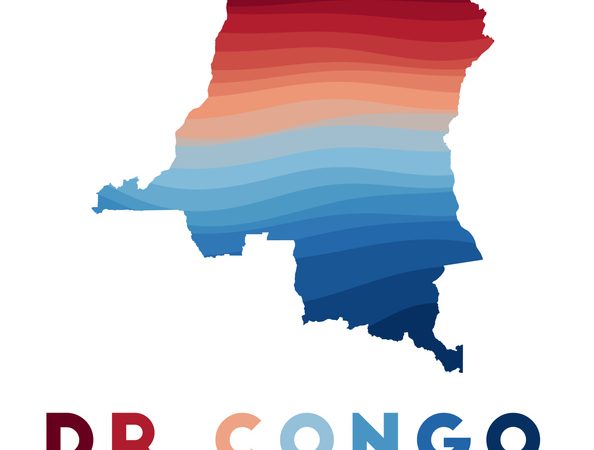Since its independence from Belgium in 1960, the Democratic Republic of Congo (DRC) has experienced armed conflicts and mutinies staged by rebels and pro-government forces, leading to fragility situations manifested in several instances of forceful government takeovers. In the Fragile States Index of 2015, the DRC was ranked 173rd out of 178 countries by the Fund for Peace.
The overall objective of this research was to establish the nexus between the proliferation of small arms and light weapons (SALW) and fragility situations, as well as their impact on human development and livelihoods. Fragility situations in the DRC are manifested by the presence of armed groups (80%), peacekeeping forces (71%), IDP camps (70%), ungoverned spaces (69%), and humanitarian agencies (68%). The drivers of fragility situations were identified as weak governance (89%), protracted conflicts (81%), proliferation of illicit SALW (79%), economic and social exclusion (70%), and porous borders (61%).
The minimal interventions put in place by the government in partnership with regional and international actors have largely been inadequate. In order to build resilience, the study recommends strengthening governance institutions, addressing the proliferation of SALW, implementing comprehensive security sector reform, conducting sensitization and awareness creation campaigns, providing alternative livelihood interventions, and engaging in post-conflict reconstruction.

